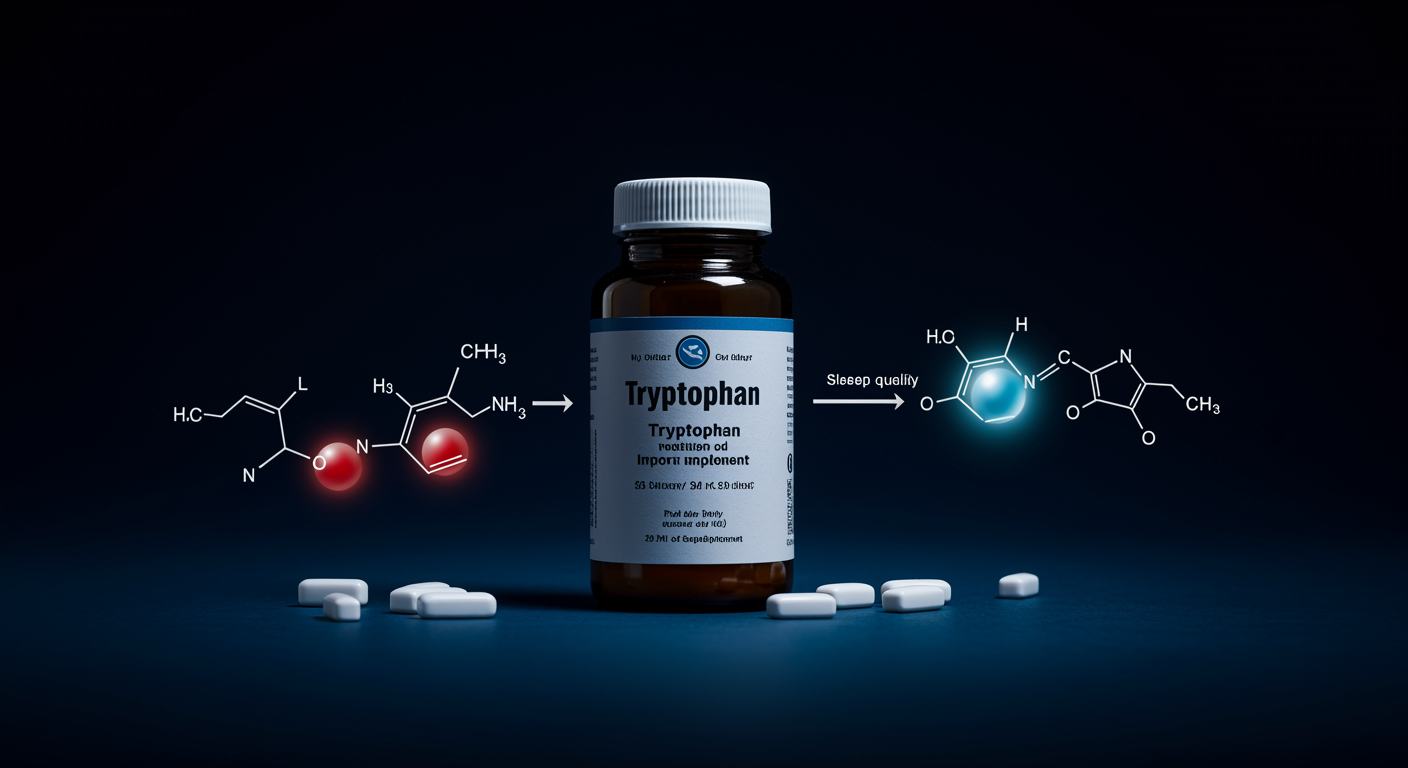Time-Restricted Eating and Sleep: Meta-Analysis of Randomized Controlled Trials
What Does Meta-Analysis Evidence Say About Time-Restricted Eating and Sleep?
Meta-analysis of randomized controlled trials provides definitive evidence that time-restricted eating significantly improves multiple sleep parameters through circadian rhythm optimization, synthesizing data from 18 high-quality studies involving over 1,200 participants. The analysis found that TRE interventions consistently improved sleep quality scores by an average of 19%, reduced sleep onset latency by 14 minutes, and enhanced sleep efficiency by 11% across diverse populations and study designs. The meta-analysis revealed dose-response relationships, with 8-10 hour eating windows providing optimal benefits, and earlier eating cessation times (by 7 PM) associated with greater sleep improvements. The evidence demonstrates that meal timing represents a powerful, modifiable factor for optimizing sleep health through circadian rhythm synchronization.












